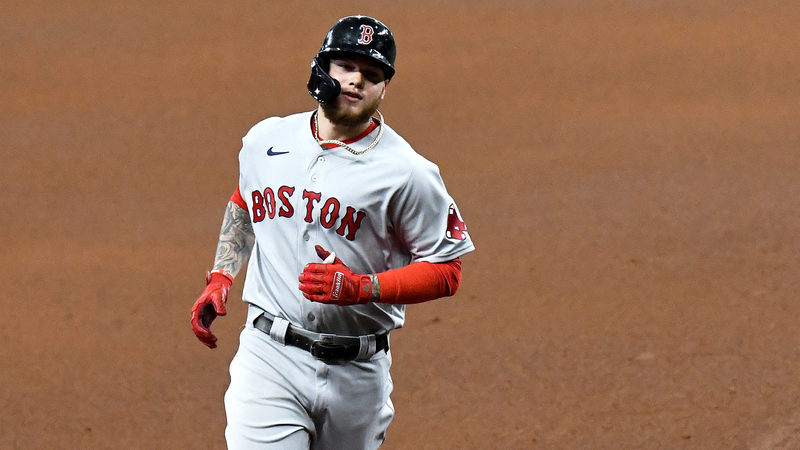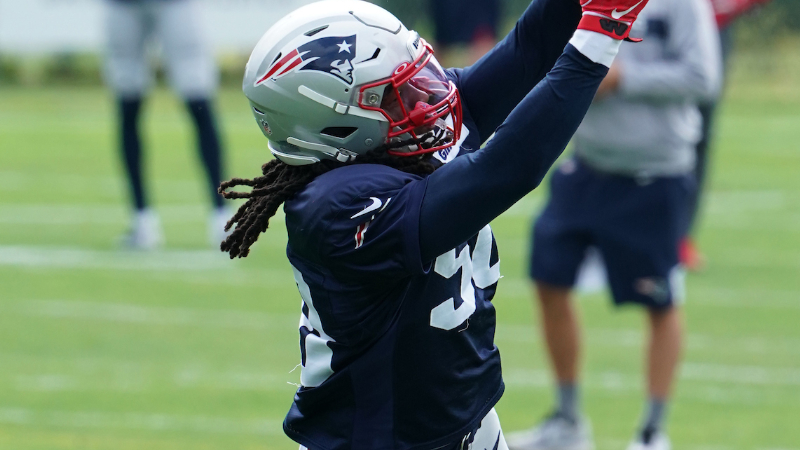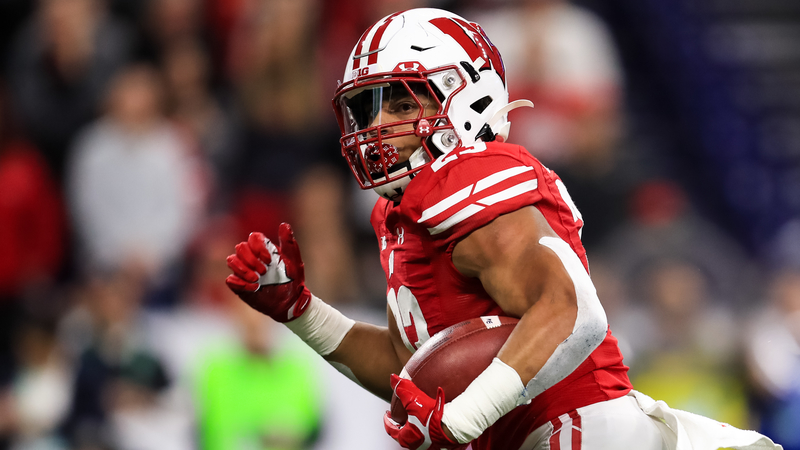The Boston Red Sox have returned to work. Actual work. Like, guys doing drills and stuff on the same field in an environment commissioned by Major League Baseball.
This is good news, obviously, as it means the world is one step closer to normalcy amid the coronavirus pandemic. But the reality is the 2020 MLB season will be anything but normal, and that actually might benefit Boston.
You see, the pre-pandemic perception surrounding this year’s Red Sox team wasn’t great.
Not only did Boston finish in third place in the American League East with an 84-78 record last year after winning a franchise-record 108 regular-season games and a World Series title in 2018. The franchise also traded away its best all-around player, Mookie Betts, and parted ways with its popular manager, Alex Cora, during an MLB investigation into allegations the Red Sox illegally stole signs in 2018.
Then, in one final offseason haymaker from the baseball gods, Red Sox ace Chris Sale underwent Tommy John surgery in March, ending his season — the first of a five-year, $145 million contract extension signed last spring.
Not much has changed in the court of public opinion over the last three-plus months. The Red Sox, like everyone else, haven’t played a single game, let alone won anything. The starting rotation remains in flux sans Sale, and neither Betts (dealt to the Los Angeles Dodgers) nor Cora (replaced by Ron Roenicke) is walking through that door.
Still, the Red Sox shouldn’t be taken too lightly in 2020, especially now that MLB’s usual 162-game regular-season marathon has been shortened to a 60-game sprint in wake of the COVID-19 pause and some contentious negotiations between the owners and players. The law of averages suggests a particular outcome will over certain periods of time occur at a frequency that is similar to its probability. The likelihood of deviating from the presumed standard theoretically should decrease as the sample size grows.
In other words, a full MLB season — a six-month slog featuring many ebbs and flows — usually results in the best teams emerging from the pack. There might be winning streaks, losing streaks, injuries and other unforeseen developments, but the sheer number of games makes it extremely difficult for less talented teams to overcome their more talented counterparts in the long run. Water almost always finds its level.
We can throw all of that philosophical nonsense out the window in 2020, though. Because in addition to there being fewer games, and thus less time for said water to find said level, there are various other, atypical factors that are nearly impossible to account for this season.
For instance, what happens if a perceived championship contender is hit hard by the virus? Or, what if there’s an uptick in injuries across the league due to the herky-jerky nature of spring training-turned-MLB Summer Camp? After all, even ailments with relatively quick recovery times could prove far more detrimental in 2020 given the larger percentage of the season the player would lose.
Obviously, no franchise is immune to such occurrences. But all of this unpredictability, for better or worse, stands to benefit teams — like the Red Sox — not considered among MLB’s elite, yet probably fringe playoff contenders based on preseason projections. Because whereas before it was difficult to find an avenue to success for some organizations, it’s now easier based on the wild, wide-open field in which they’ll be operating.
More Red Sox: Watch Highlights From Boston’s Summer Camp Return At Fenway Park
Consider the following Red Sox odds, via FanGraphs. All improved after MLB adopted a condensed schedule.
March 26 (previously expected Opening Day; 162-game season anticipated)
Make playoffs: 32.8 percent
Win division: 7.9 percent
Win World Series: 1.8 percent
July 3 (first day of Red Sox’s summer camp; 60-game season scheduled)
Make playoffs: 39 percent
Win division: 15.9 percent
Win World Series: 2.7 percent
Blind faith not your thing? Totally understandable.
While a shortened season could get weird, that weirdness applies to everybody. It’s not specific to Boston.
The Red Sox’s flaws haven’t been eradicated, nor have their opponents’ strengths. One even could argue Boston is at a disadvantage — relative to other borderline postseason contenders — by having to play its entire schedule against teams from the American League East and National League East, two divisions stocked with both World Series hopefuls and overall depth.
But the Red Sox boast a potentially elite trait — their offense — that’s capable of carrying them for a stretch, particularly in the summer months. The question is whether it’ll be enough to mask their other deficiencies, at least long enough for Boston to wiggle its way into the postseason.
All told, the best characteristic any team could possess this season: Luck. Do the Red Sox have it?






